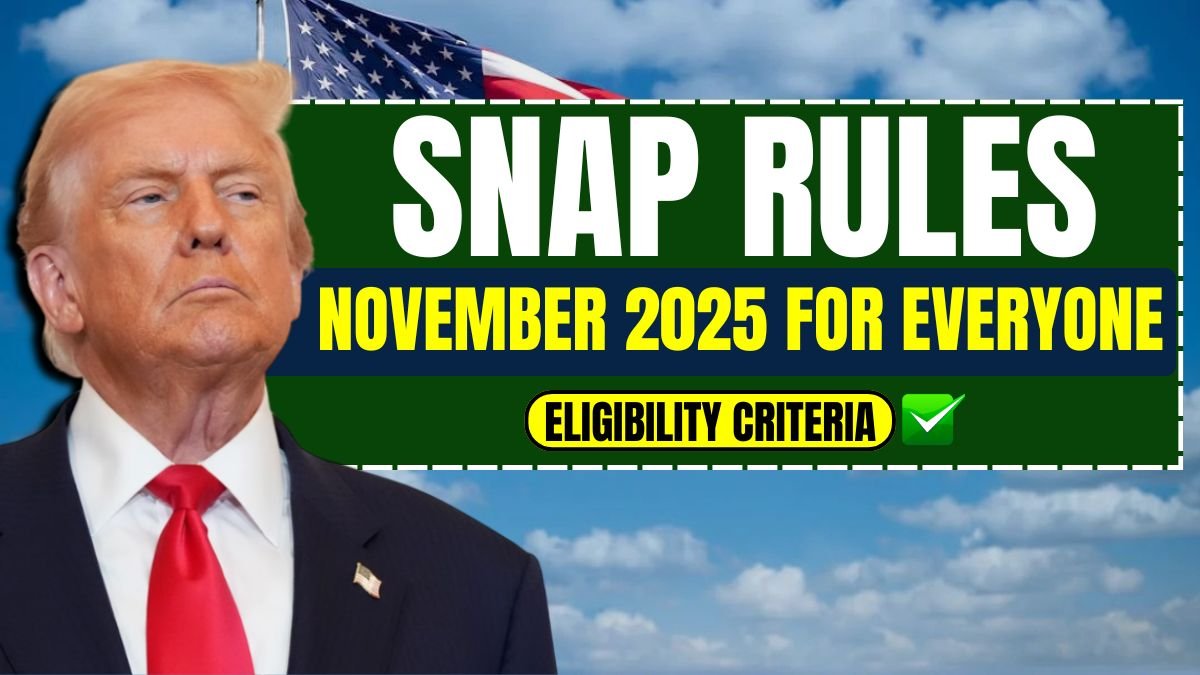SNAP, or Symbiosis National Aptitude Test, is one of India’s most prestigious management entrance exams, conducted annually by Symbiosis International (Deemed University). This exam is a golden opportunity for students who wish to pursue an MBA or PGDM course from various Symbiosis institutes. Millions of students appear for the SNAP exam every year, but in 2025, several important changes have been made to the exam rules and eligibility criteria, which every candidate must understand.
To make the 2025 SNAP exam more transparent, modern, and fair, Symbiosis University has implemented new guidelines. These changes not only affect the exam pattern, but also the eligibility criteria, age limit, application process, and evaluation system.
New SNAP 2025 Rules – What Has Changed This Year?
For the SNAP exam to be held in November 2025, the university has introduced several new policies that will make the exam more competitive and transparent than before. The exam is no longer just a simple test but a comprehensive assessment system.
This time, students will only be allowed one attempt. Previously, SNAP allowed candidates to take the exam two or three times, with the best score considered valid. This will no longer be the case. Students will now be required to perform well in a single attempt.
Furthermore, the number of exam centers has been increased so that students do not have to travel long distances. The exam will also be conducted online, minimizing the possibility of paper leaks or technical errors.
Updated Eligibility Criteria – Who can take the exam?
The eligibility criteria for SNAP 2025 have also been updated. Graduation from a recognized university remains mandatory, but some new changes have been added.
Candidates are now required to have a bachelor’s degree with at least 50% marks (45% for SC/ST candidates). Additionally, if a student is in their final year and can declare their results by December 2025, they will also be eligible to appear for SNAP 2025.
The biggest change is that the eligibility process for foreign students and NRI candidates has been simplified. They will no longer have to go through the lengthy process of obtaining AIU (Association of Indian Universities) accreditation; instead, they will be declared eligible based solely on document verification.
SNAP 2025 Exam Pattern – What’s New?
The SNAP 2025 exam pattern has been made slightly challenging but balanced for students. The exam duration will now be 60 minutes, with a total of 60 questions. While there have been no major changes to the number of questions, the question weighting and negative marking rules have been updated.
Now, 1 mark will be awarded for each correct answer, while 0.25 marks will be deducted for each incorrect answer. Special questions, typically of logical reasoning or direct input type, have been removed to ensure uniform evaluation for all students.
This year, the exam will consist of three main sections:
- General English (Reading Comprehension, Verbal Reasoning, Grammar)
- Quantitative, Data Interpretation & Data Sufficiency
- Analytical & Logical Reasoning
Equal marks have been assigned for each section, so that students who are weak in any one subject are not disadvantaged.
SNAP 2025 Application Process – New Online Experience
The application process for SNAP 2025 has been made completely digital and user-friendly. Candidates will now be able to visit the website and apply, make payment, and download the admit card from a single dashboard.
The application fee this time has been set at ₹2250, a slight increase from the previous one. The last date for filling the application form will be the second week of October 2025.
Symbiosis has also launched a helpline chatbot for candidates, which will provide immediate assistance with application-related issues, photo uploads, or payment errors.
How will the SNAP score be used?
Candidates will no longer be selected solely based on their scores after the SNAP exam. Symbiosis institutes will now adopt a “Holistic Admission Process.” This means that the SNAP score, along with the Group Exercise (GE), Personal Interaction (PI), and Writing Ability Test (WAT), will be equally considered in the final selection.
The SNAP score is now weighted at 50%, while the remaining 50% will depend on performance in the GE-PI-WAT. This will ensure that candidates with leadership, communication, and analytical thinking are selected, not just academically strong.
Important Dates (Tentative Dates)
The official notification for SNAP 2025 is expected to be released in the first week of September 2025. The application process will end in October 2025, and the exam will be held in the last week of November 2025. Results will be released in December 2025, followed by the GE-PI-WAT rounds in January 2026.
How will the new rules benefit students?
The biggest benefit of these new rules will be transparency and equal opportunities. By taking the exam in a single attempt, students will be able to assess their actual performance. The increased number of test centers and the introduction of digital processes have made SNAP more accessible to students in rural and small towns.
Conclusion: SNAP 2025 – The Dawn of a New Era
The changes made under the SNAP Rules November 2025 clearly indicate that Symbiosis International University intends to make its MBA selection process more modern, fair, and industry-focused. The single-attempt policy, updated eligibility criteria, and digital application process set a new direction for students.
If you are planning to participate in SNAP 2025, it’s time to start preparing with a new strategy. Keep in mind, the exam will now test not just your memory but also your thinking and comprehension skills.
FAQs
1. What is the SNAP 2025 exam?
A. SNAP (Symbiosis National Aptitude Test) is a national-level MBA entrance exam conducted by Symbiosis International University.
2. When will the SNAP 2025 exam be held?
A. The SNAP 2025 exam is expected to be held in the last week of November 2025.
3. Who is eligible to apply for SNAP 2025?
A. Candidates must have a Bachelor’s degree with at least 50% marks (45% for SC/ST). Final-year students can also apply.
